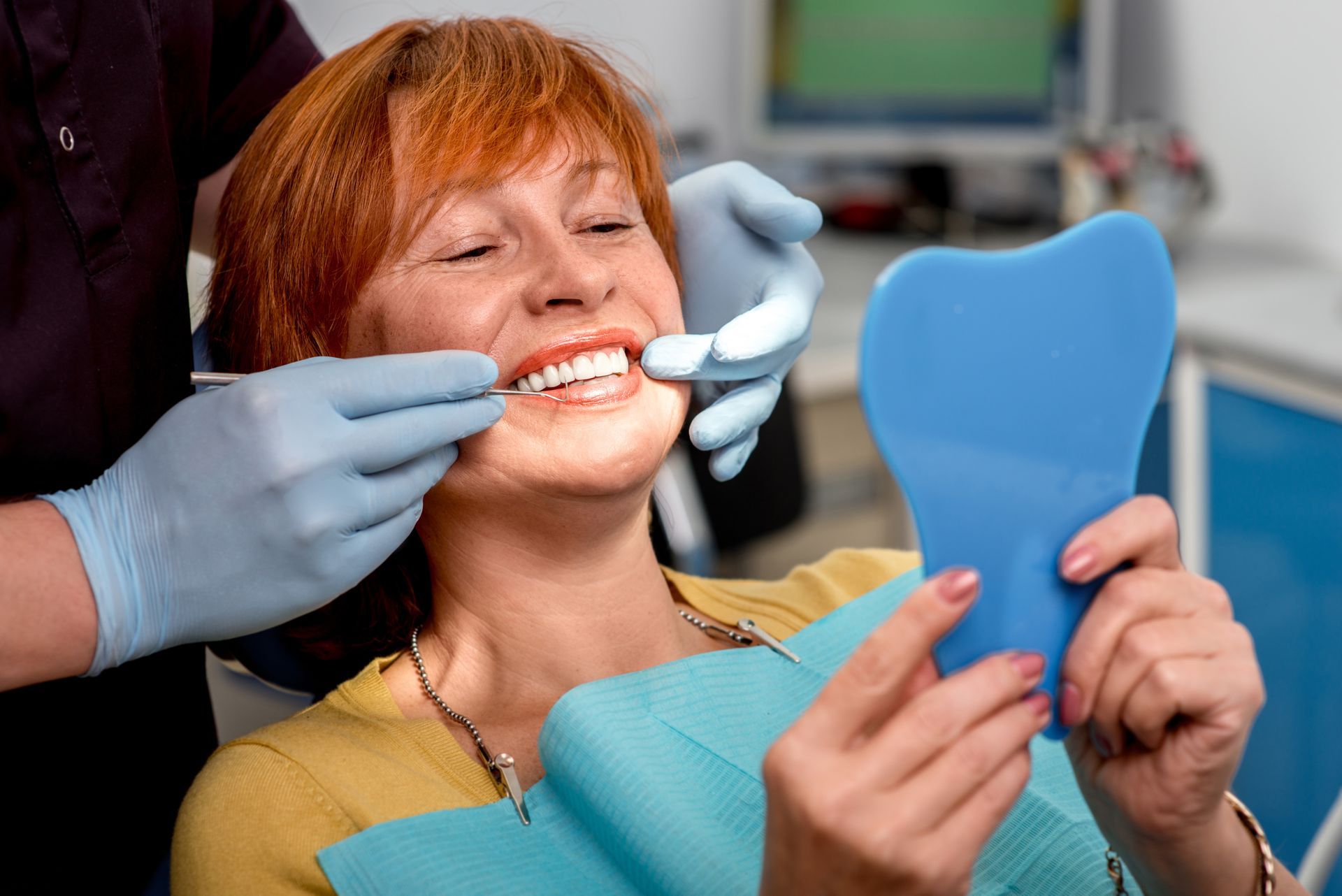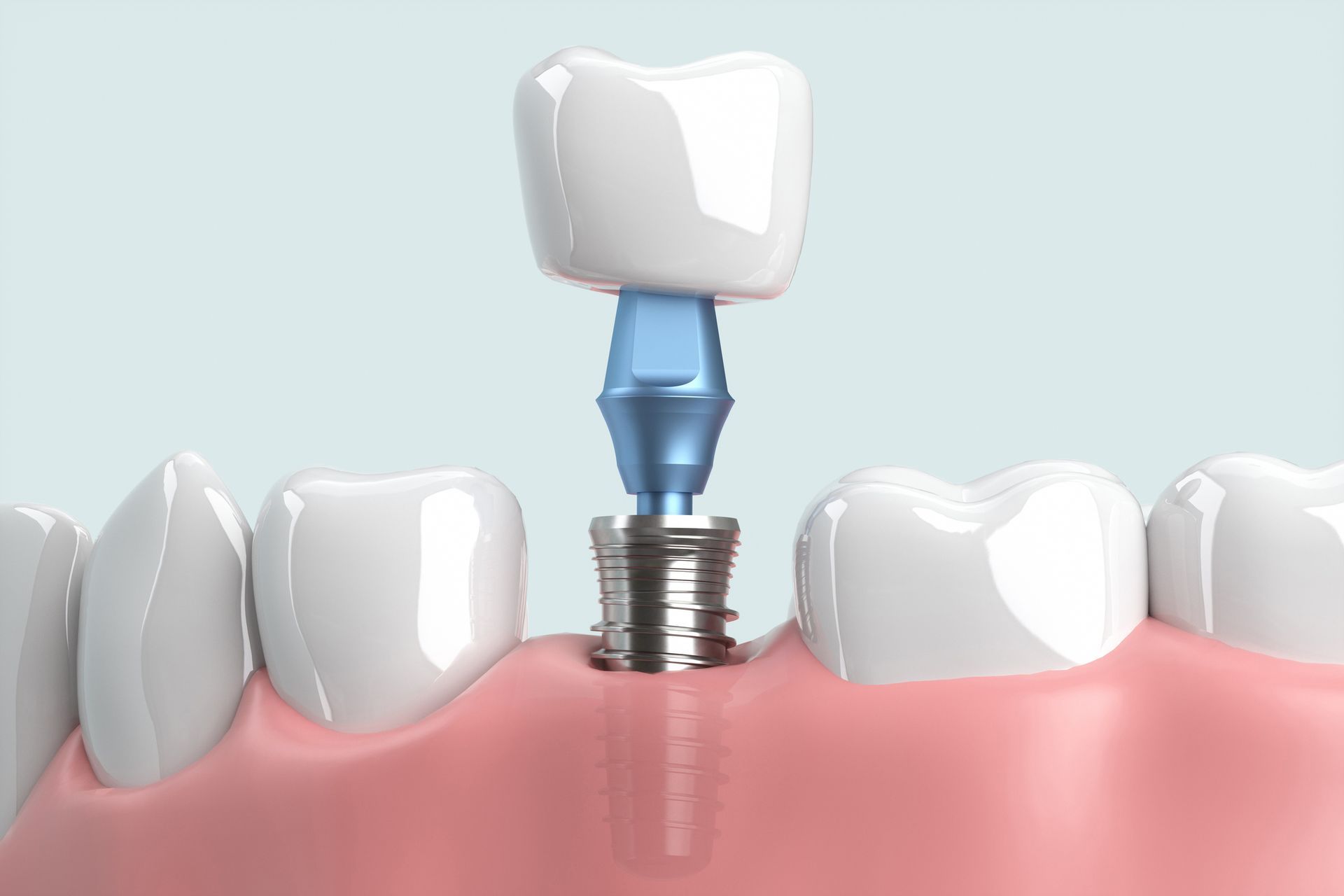CAUSES AND EFFECTS OF GUM DISEASE
- By Admin
- •
- 01 Dec, 2020

The Basis of Gum Disease
Gum disease starts when food particles remain on the gum tissue due to infrequent or improper brushing and flossing. Poor hygiene leads to inflammation and eventual tissue damage if left untreated.
Bacteria and Plaque
Our mouths are full of bacteria. Bacteria feed on food particles left on the teeth and gums and their waste products cause the gums to become inflamed. The growth of bacteria forms a sticky film called plaque. Careful brushing and flossing can remove this soft coating of food particles and germs. However, plaque that stays on the gums can cause inflammation within a few days.
Tartar
Plaque that remains in the mouth eventually hardens and adheres to teeth. Once hardened, plaque cannot be removed by brushing. This deposit, called tartar, can only be removed during a professional dental cleaning. As tartar builds up it can harm gum tissue.
The Early Stage: Gingivitis
Mild Symptoms
Normal gum tissue appears light pink; reddened gums indicate inflammation. Inflamed gums look swollen and may bleed when you brush your teeth. Flossing makes inflamed gums bleed because trapped food particles and bacteria cause even more inflammation and swelling in the spaces between teeth.
Self-Care
Good dental hygiene can stop the progression of gingivitis and reverse the effects on your gum tissue. Brushing twice per day with a plaque-fighting tooth paste and a soft-bristled toothbrush coupled with flossing once per day can erase the effects of early gingivitis. Professional cleaning at regular dental check-ups prevents tartar build-up and allows the dentist to examine gum tissue for signs of gingivitis.
The Later Stage: Periodontitis
Gingivitis, once treated, can return if healthy habits are not maintained. As the inflammation progresses, it becomes more difficult to treat or reverse by personal oral hygiene habits alone. Untreated gingivitis can progress to periodontitis, a condition that cannot be reversed and requires professional treatment.
Advanced Symptoms
The soft gum tissue and hard bone tissue that supports teeth make up the periodontium. Continued inflammation of the gums can lead to permanent damage of the periodontium structures. Symptoms include bad breath, pus between the teeth and gums, and loosening teeth.
Gum Recession
A narrow pocket of space exists between the gum tissue and the tooth it surrounds. With healthy gums, the space measures only 1 to 3 millimeters. Left untreated, the gum tissue deteriorates and pulls away, or recedes, from teeth. The pocket widens, allowing plaque to build up in the space below the gum line. Plaque and tartar that accumulate below the gum line require a specialized deep-cleaning procedure.
Bone Loss
Bacteria in plaque cause infection, which in turn leads to tissue damage. In addition to breaking down gum tissue, the infection can spread into the bone. Toxins released by bacteria destroy the bone tissue that supports the tooth. As gum and bone tissue surrounding a tooth diminishes, the tooth becomes loose due to a lack of structural support and may fall out. An x-ray shows if any bone loss has occurred.
Periodontal Care
Gums that appear red and swollen, or bleed when you brush or floss, indicate the early stages of gum disease. Dr. Bradley Piotrowski, DDS, can provide you with treatment options to halt the progression of inflammation. Early intervention can prevent further tissue damage. Contact us to make an appointment.













